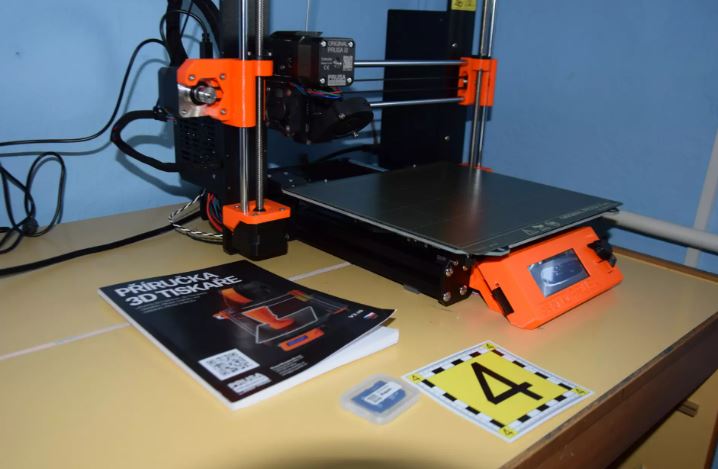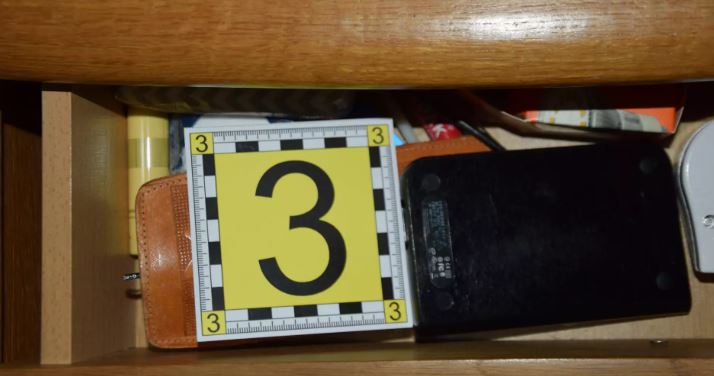A joint operation by Europol, Eurojust, the U.S. Federal Bureau of Investigation (FBI), Slovakia’s National Crime Agency, and the Slovak Police, led to the arrest of an individual considered one of the most dangerous right-wing extremists in Europe. This individual is suspected of spreading hate speeches and inciting terrorist activities, as well as being linked to various neo-Nazis, racial supremacists, and ultra-right wing groups in general.
According to Europol, the suspect is responsible for drawing up diagrams and manuals for the manufacture of knives, homemade firearms, and miscellaneous explosives. This improvised arsenal was manufactured with 3D printers, utensils, and domestic metal parts.

One of the movements to which the defendant is attached is the extremist group Siege, which is composed mainly of sympathizers of fascist political ideologies, although among its member racism, xenophobia and other hate speech are commonplace. While this extremist community is present on the Internet, one of its principles is the so-called “offline action” through sabotage attacks.

After an extensive investigation, on May 11 law enforcement carried out a raid on Slovak territory, leading to the arrest of this individual and the confiscation of a 3D printer, computers, and other electronic devices. The suspect is in custody and awaiting prosecution.
In addition to Europol, the FBI, and the Slovak Police, the Slovak armed forces played a pivotal role in this operation through its Military Intelligence Service. This specialized unit detected the approximate location of the suspect, which made it possible to plan the raids and request the corresponding legal orders.
Europol facilitated the exchange of information and provided operational analyses to the participating actors, as well as established a working group responsible for coordinating operational activities. During the raid, Europol provided support by sending two experts to Slovakia to cross-check operational information against Europol databases and provide links to investigators on the ground, all to achieve a successful arrest and witness a severe blow to extremist groups on European soil.
Feel free to access the International Institute of Cyber Security (IICS) websites to learn more about information security risks, malware variants, vulnerabilities, and information technologies.
He is a cyber security and malware researcher. He studied Computer Science and started working as a cyber security analyst in 2006. He is actively working as an cyber security investigator. He also worked for different security companies. His everyday job includes researching about new cyber security incidents. Also he has deep level of knowledge in enterprise security implementation.
